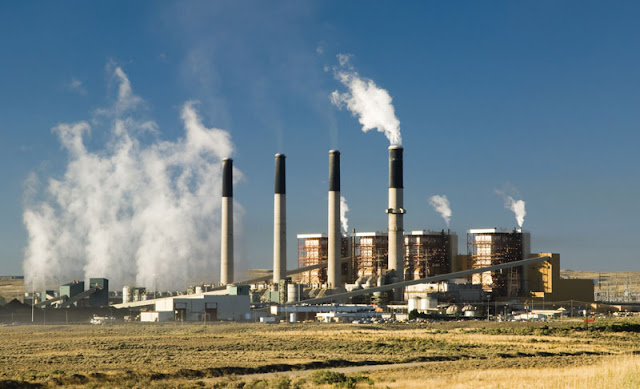No G20 country in line with Paris targets. More efforts are needed
No country in the world (especially among the G20 nations, Argentina, Australia, Brazil, Canada, China, France, Germany, India, Indonesia, Italy, Japan, Mexico, Russia, Saudi Arabia, South Africa, South Korea, Turkey, United Kingdom, Unites States and European Union) is in line with the climate objectives set in Paris. We still depend too much on fossil fuels, we are behind in reducing emissions related to transport and construction, but on renewable sources we have great potential but we are firm and our strategy for an effective action plan against the climate crisis is also slow.
Scientists have warned that even the difference between 1.5° C and 2° C of heating will expose hundreds of millions of people to significantly higher risks of extreme heat waves, droughts, floods and poverty. A difference that may seem minimal but which, in reality, involves extreme damage.
Not only. According to a report by the United Nations Environment Program, the current Paris agreements on reducing emissions would still lead to a catastrophic increase of 3-4° C. The report exposes a huge gap, with fossil fuel production in 2030 heading for 50% more than is consistent with 2° C, and 120% more than that for 1.5° C.
Most action to tackle the climate crisis involves reducing emissions, but Inger Andersen, head of the UN Environment Programme, said a focus on fossil fuel production was long overdue. Most of the action pledges made by countries under the Paris deal do not even mention changes to production.
The analysis is based on the published national plans of eight key producers: Australia, Canada, China, India, Indonesia, Norway, Russia and the United States of America which account for 60% of global fossil fuel production. The plans of other big producers, including Saudi Arabia and Iran, are not publicly available. The researchers assumed these nations would follow similar paths as the eight countries that were covered.
In fact, the report highlights the nations that are taking some action, including the closure of most coal mines in Spain and some in China, along with the end of new offshore oil and gas exploration licences in New Zealand and some parts of the Arctic governed by Canada, the US and Norway.



Comments
Post a Comment